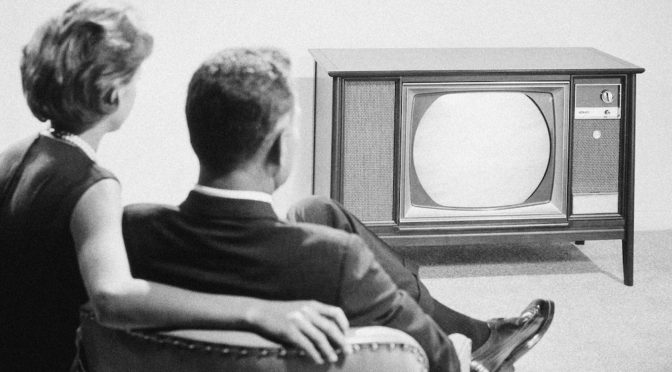Why is everyone so riveted to coverage of the presidential primary campaign – the most widely viewed reality TV show in history?
Its as though we’re all sitting in the world’s largest virtual coliseum witnessing a global gladiatorial contest bigger than the Super Bowl, being fought by real people with real weapons (mostly money) with real life or death consequences. To make it more interesting, the consequences are not simply for the combatants, but for the audience as well — consequences for all of us.
Welcome to the 2016 Hunger Games. Oops, the Hunger Games were fiction. This game is only the 2016 USA Presidential Election. Its true that there are similarities with the Hunger Games, the principle difference being this spectacle is being fought between adults with the outcome affecting our children instead of the other way around. We might call these the ‘End-of-Democracy’ Games although I am not suggesting that is the only outcome of the game or even likely or the point. — just one scenario in the context of what is at stake.
Because while on the surface this looks like a slightly wonky political contest, in fact it happens to be for the most powerful job in the world, leading the most powerful country in the world, during a period where decisions and policies will for better or worse determine everyone’s social, economic and environmental reality for the foreseeable future.
Let’s back up. This perspective emerged in a conversation about how to make sense of whatever is happening in our country and our political process? Is this just about a cynical population captured by media hype and exploitation of extremists on opposite sides of the political spectrum? Why does this contest also compel almost round the clock coverage in Asia, Europe and other parts of the world? Is this about conflicting ideologies or are there more fundamental and disruptive drivers behind what’s going on? Is continuous media, transparency and the Internet finally revealing underlying truths about how our institutions are working to the extent there is a general breakdown in trust and faith in our government as more and more of our institutional processes, sacred icons and leaders are suspected of being, or found to be, fraudulent or corrupt?
I don’t think it matters much whether a spectator of this game is a pessimistic alarmist or optimistic and serene. No one has the right answer for how we got to where we are or what is gong to happen in the future although everyone I know seems to have a point of view. Reality doesn’t care what we think or believe — especially when it comes to predictions about the future. As with any game, the results are determined by the players on the field, by actions that in turn are shaped by historical forces, by power, by strategy and always by human beings. I’m finding it useful however to hold the perspective of this political drama being a game
The notion of ‘life (and everything in life) is a game’ isn’t new. I’ve heard that phrase for years and probably preached it a time or two. But until recently, I always thought the statement was a metaphor. I even thought of it as a way to have a deeper understanding of how we make choices — make one thing more important than something else, create some rules, have a beginning, a middle and an end, allow one winner and then forget that it is a game. What is new for me is the idea that maybe it isn’t a metaphor and life REALLY IS (and always has been) A GAME. What can be learned and what are the implications of this, not just in my personal mood but how does it affect how we observe and relate to what seems to be happening in the United States and the world as reflected in this year’s presidential process?
If life (and our political process) is a game — literally — then the first thing we need to decide is whether we want to be players or spectators. To be a player in this game means taking our roles as citizens seriously and becoming informed and responsible participants in the process. For example, it means getting past sound bites and what we like or don’t like about someone’s personality and come to some grounded conclusions about who we really want to lead us and more importantly commit to support that person after the election. For at least the last four terms, we elect a President and then sit back judge and mostly complain for the next four years. But the key is to VOTE. If all the fanfare of this primary season did nothing more than provoke an 85+ percent turn out at the polls, it would have been worth it regardless of who wins.
In our current political reality, the playing field is public perception. Just as ‘life is a game’ has become a cliché so does ‘perception is reality’ become a cliché and as such lose much of its significance if we take it at face value. Yet like most clichés this one also has more than a little truth in it. What we can all do is help determine what that perception is through our ever day conversations and speaking our convictions and not just our opinions at every opportunity.
However we look at this year’s political extravaganza — metaphorical game, as entertainment, as reality TV, as a grand sporting event, as an epic struggle between forces of good and evil — it is REAL and each and everyone of us will have to live with the outcome.


I litllaery jumped out of my chair and danced after reading this!